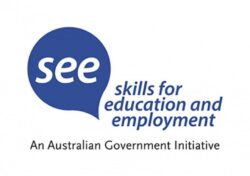“So positive”: SEE job skills set Auburn students up for success as department visits”
Representatives of the Department of Employment and Workplace Relations recently visited Navitas Skilled Futures Auburn, where they met trainers and clients participating in the Australian Government-funded SEE Program.

Navitas Skilled Futures (NSF) Auburn was delighted to welcome Directors of the Skills for Education and Employment (SEE) Program from the Department of Employment and Workplace Relations (DEWR) on Thursday 24th October 2024.
The SEE Program is an Australian Government-funded, free training program that is designed to support everyone in the community, including job seekers and those seeking further education and training to reach their personal goals.
The Program helps drive improvement of English language, literacy, numeracy and digital skills, and support Australians into sustainable long-term employment or further study.
Auburn is one of 11 NSF colleges across three regions in NSW and Victoria delivering SEE on behalf of the Australian Government.
Catherine Kendrigan, Director of SEE Delivery; Elizabeth McAllister, Director of SEE Project Delivery; Anthony Allardyce, Assistant Director of Skills and Training NSW/ACT; and Senior Support Officer, Tanja Alavanja, observed two SEE classes of different language levels in progress on the day.

NSF Employment Programs Manager, Kristy McNair, and SEE Regional Lead, Patricia Pavez, led the tour.
One class the departmental representatives observed was for students with beginner language levels, who were learning digital literacy skills using laptops provided by NSF Auburn.
The second was a more advanced class learning skills for applying for work in Australia.
Mr Allardyce said it was a great opportunity to see the positive impact the program has on NSF participants.
“There were lots of smiling faces in the classes [and] the teachers are really interactive, so you can see the benefit participants are getting out of spending that face-to-face time in the classroom and learning those really fundamental skills that will help them on their journey,” he said.
“We were left absolutely feeling very positive.”
One student said he felt happy that representatives from the department made the time to visit the college.
“It was good to see people from different levels of management and the [department] coming to see us. They get to see our everyday life here.
“SEE is really good because we’re not only learning English, we learn about life in Australia, computer skills and how to prepare our resumes and CVs. The program is so positive because you’re learning valuable skills but you’re also meeting people; socialising and connecting.”
SEE student, NSF Auburn
Changes to SEE celebrated

NSF SEE Regional Lead, Patricia Pavez, helped guide the visit. She said changes to the SEE criteria and content this year have enabled NSF to implement more positive changes.
“With the changes to the SEE program, we can now do so much more, and we told the visitors about how the scope has improved,” she said.
“We can now prep students for vocational courses. This combined with the ability to accept direct enrolments, means that we are already seeing a change in enrolments and the demand we have for the program. SEE is the first stepping stone we can offer to anyone wanting to access further employment and education.”
Patricia Pavez, SEE Regional Lead NSF
One participant the visitors met was Shao Qiang, who has never studied in Australia before enrolling in SEE.
He said he has learned skills such as CV writing, Work Health and Safety training and completed a First Aid certificate since commencing.
“This class is the first time I am studying in Australia. I haven’t been to school since before I migrated; I never went to school in Australia,” he said.
“This is my first school and it’s fantastic. I really like it.”
Mr Allardyce said connecting with classes in person is beneficial for everyone involved in the program and its delivery.
“Any chance for us to see the practical implementation of the program and the students participating, and the enjoyment and involvement they have is fantastic,” he said.
The Skills for Education and Employment Program is funded by the Australian Government Department of Employment and Workplace Relations.


